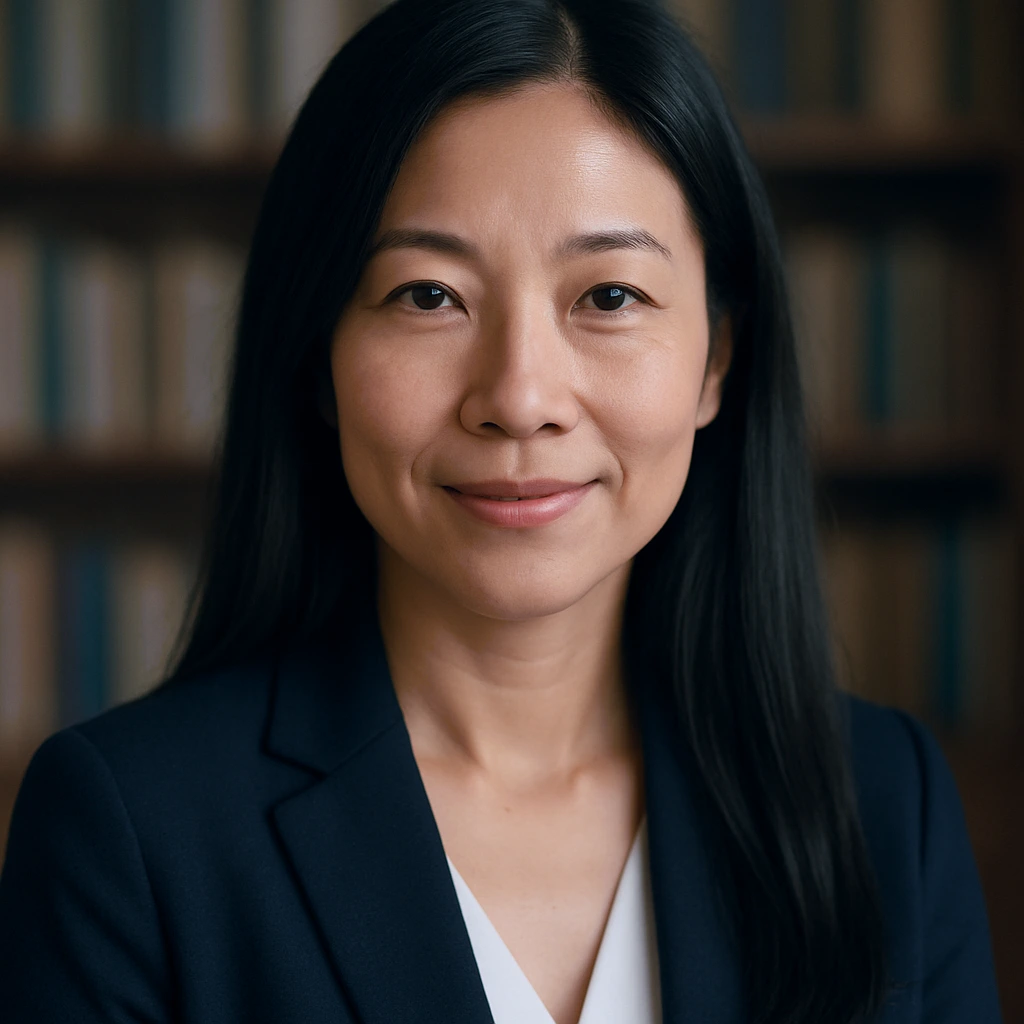Data Scientists Embrace AI Agents to Automate Workflows in 2025
How data scientists are leveraging AI agents to streamline A/B testing and analysis, reducing manual effort and improving efficiency.
In 2025, data scientists are increasingly turning to AI agents to automate repetitive tasks, particularly in A/B testing and data analysis. These agents, powered by large language models (LLMs), can execute end-to-end workflows with minimal human intervention, significantly reducing the time and effort required for complex analyses.
The Challenge of Manual Data Science Workflows
Data scientists juggle multiple responsibilities, including:
- Building data pipelines with SQL and Python
- Performing statistical analysis
- Communicating insights to stakeholders
- Monitoring product performance
- Designing and analyzing experiments
These tasks often feel like "running a marathon," with A/B testing being one of the most time-consuming processes. Companies like Spotify, Google, and Meta run hundreds of experiments weekly, requiring data scientists to:
- Extract and process data
- Perform exploratory data analysis (EDA)
- Run statistical tests
- Generate recommendations
- Present findings to stakeholders
Automating A/B Testing with AI Agents
The author highlights how Cursor, an AI-powered editor, automates A/B test analysis:
- Accesses data lake using Model Context Protocol (MCP)
- Builds pipelines to process experiment data
- Performs EDA and selects the best statistical test
- Generates an HTML report for stakeholders
While the initial setup requires careful prompting and examples, the payoff is substantial. The author notes that this automation saves days of manual work, allowing data scientists to focus on higher-level tasks.
The Future of Data Science
The article emphasizes that AI adoption is no longer optional for data professionals. Mastering tools like AI agents is becoming an industry expectation, with companies pushing for faster decision-making and product launches. The author recommends upskilling in:
- MCP configuration
- AI agent prompting
- Workflow orchestration
For those looking to get started, the article links to a free guide on agentic AI.
Image: How I Use AI Agents as a Data Scientist
Author: Natassha Selvaraj, a self-taught data scientist. Connect with her on LinkedIn or YouTube.
Related News
How AI Agent Teams Can Transform Work and Reduce Toil
Hannah Foxwell explores designing AI agent teams for high-quality output and envisions a future where AI handles repetitive tasks, freeing humans for creativity and customer relationships.
AI Agent Washing The Hype Behind False Promises
The AI agent trend is booming, but many labeled agents lack true autonomy. Learn how to spot agent washing and separate hype from reality.
About the Author

Dr. Sarah Chen
AI Research Expert
A seasoned AI expert with 15 years of research experience, formerly worked at Stanford AI Lab for 8 years, specializing in machine learning and natural language processing. Currently serves as technical advisor for multiple AI companies and regularly contributes AI technology analysis articles to authoritative media like MIT Technology Review.